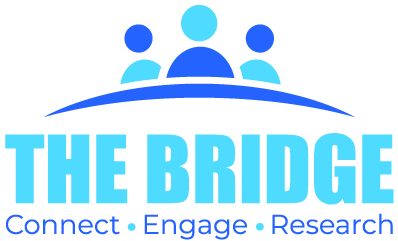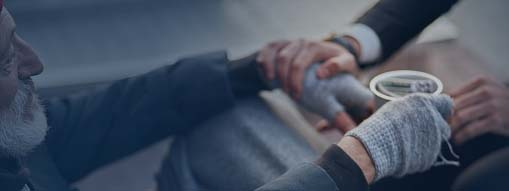Project Summary
“A Healthy People Initiative: A Randomized Controlled Trial Building the Socio-Economic Capital of Low Income Population At-Risk for HIV and Hepatitis-C (HPI)” is a flagship of the Bridge Engagement Centre.
The main objective of HPI is to increase health and well-being of the most vulnerable population of Ottawa and Toronto. We are partnering with Parkdale Activity Recreation Centre to recruit 200 participants willing to participate in smoking cessation program that incorporates peer support to empower participants and whole community.
Health is a state of complete physical, mental and social well-being, and not merely the absence of disease or infirmity” (World Health Organization, 1948). Diseases such as HIV/AIDS and Hepatitis-C (HCV) thrive in conditions of poverty and marginalization. Research on the quality of life of people living with HIV/AIDS reveals that unemployed individuals report more depression, anxiety, social isolation, and low self-esteem than employed individuals. Moreover, unemployment is a key factor in the contemplation of suicide among people with HIV/AIDS. Alternatively, employment among people living with HIV/AIDS is a strong indicator of improved quality of life. A finding the study investigators confirmed in a research study (PROMPT) supporting 80 members of Ottawa’s low income homeless (or at-risk for homelessness) People Who Use Drugs reduce (and in some cases quit) smoking.
PROMPT participants repeatedly stated that boredom and a lack of meaningful social connections and employment were major hindrances in their reduction and overall recovery from smoking and drug use. With these PROMPT findings, the investigators propose a Community-Based Participatory Action project that builds the social capital of 80 participants that identify as members of Ottawa and Toronto’s low income People Who Use drugs living with or are at-risk for HIV/AIDS/HCV. The proposed multi-site project will include life-skills training, counseling, health services access (testing and treatment), and education on HIV/AIDS/HCV. Most importantly the project will include a poverty reduction intervention that connects participants with education opportunities, short-term work and volunteer opportunities. The education, work and volunteer opportunities’ will be made possible with the support of local business owners and networks that support the study’s poverty reduction and community building elements. The aim of project will be to demonstrate the feasibility and cost of a holistic healthcare that encourages a state of complete physical, mental, and social well-being.

